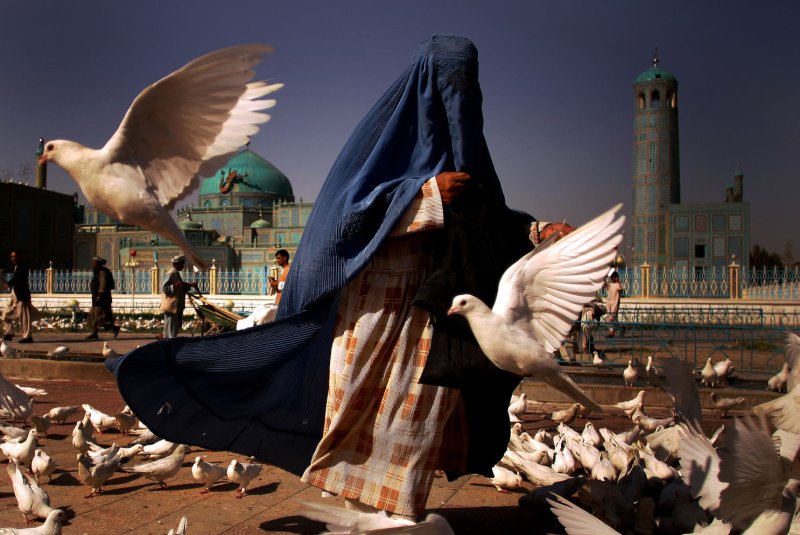N'DJAMENA, Chad, June 18 (UPI) -- Following a suicide bombing attack earlier this week, Chad launched helicopter air strikes against at least six Boko Haram bases in neighboring Nigeria and banned people from wearing some traditional Muslim garments.
The airstrikes caused "human and material damage," Chad's military announced in a statement.















